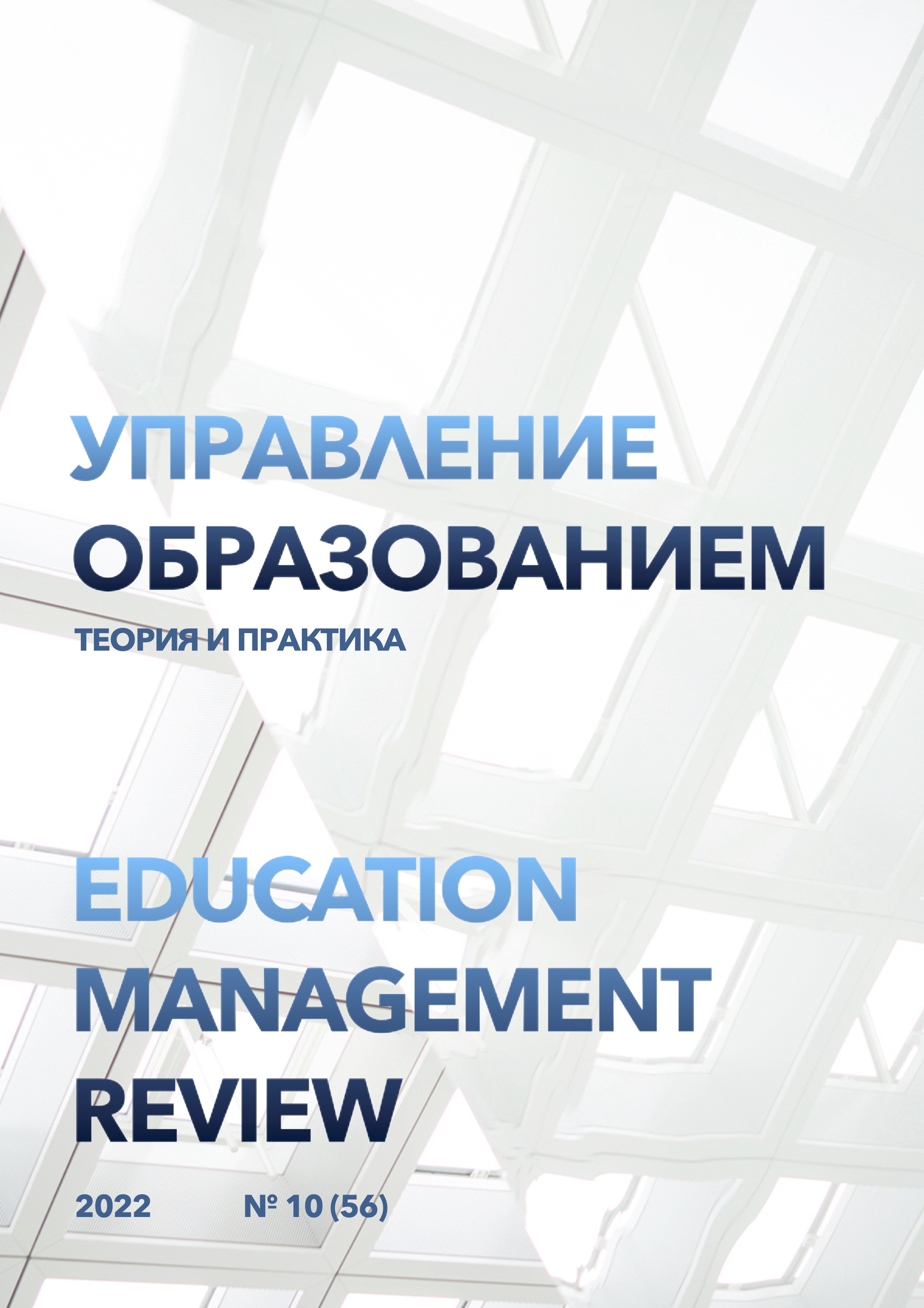Opportunities for the formation of self-dependent management systems in educational institutions
DOI:
https://doi.org/10.25726/b4401-9994-3751-eKeywords:
communicative approach, teaching, grammar, technical specialties, foreign languageAbstract
Today, a lot of attention is paid to the study of foreign languages, in particular English, because it is connected with the integration processes in which our country participates, with the development of international cooperation programs in which students can participate both during their studies and in their further professional careers. Therefore, today the priority is the task of high-quality foreign language training of future technical specialists. To this end, research is constantly being conducted, new methods and approaches are being sought in teaching foreign languages. Among the various aspects of the methodology of language teaching, scientists pay considerable attention to the study of the question of teaching grammar and the formation of grammatical competence, considering the mastery of the grammatical system of the language as an integral component of language acquisition. The development of a communicative approach in teaching a foreign language is still in the focus of methodologists-researchers, research on this issue continues to be relevant today, since there are little-explored aspects of this issue. In particular, the study of the formation of English-language grammatical competence among students of non-linguistic specialties remains relevant. First of all, when studying the issue of communicative grammar teaching, we consider it necessary to consider the main approaches to grammar teaching in the methodology of language teaching. One of the oldest approaches to teaching grammar of a foreign language is the grammar-translation method. Its name reflects the main directions of activities — the assimilation and subsequent consolidation of grammatical structures through translation. The peculiarities of this approach consisted in the assimilation of grammatical rules and exceptions, as well as in working with original texts for the purpose of translation. The language material was taken from written literary sources. A typical lesson based on this method consisted of an introductory part (presentation of grammatical material), a training stage and practical translation tasks. The disadvantages of this method include the lack of productive communication, the lack of creating conditions for independent learning of the material.
References
Альмяшов Л.В., Кокорина И.Н., Овчерук Л.Д., Овчерук Л.Д. О психологически комфортной системе ведения занятий на иностранном языке // Молодой ученый. 2016. №6 (110). 725-728 с.
Бетретдинова И.Х. Обучение английскому языку для специальных целей в профильных классах средней общеобразовательной школы // Вестник Московского государственного областного университета. Серия: Педагогика. 2012. №4. С. 67-71.
Бурнашев Р.Ф., Абдусамадова Ш.Ш. Особенности организации инклюзивного образования. // Сборник научных трудов по материалам XXX Международной научно-практической конференции «Современное состояние и перспективы развития науки и образования» (Россия, Анапа, 07 января 2022 г.) Анапа: Изд-во «НИЦ ЭСП» в ЮФО, 2022. ISBN 978-5-95283-765-2. С. 56-61.
Ветчинова М.Н. Перевод как метод обучения иностранному языку (из истории методики перевода XIX В.) // Вестник Московского университета. Серия 22. Теория перевода. 2018. № 3. С. 104-110.
Добросклонская Т.Г. Вопросы изучения медиатекстов. Опыт исследования современной английской медиаречи. Едиториал УРСС. 2020. С. 286.
Коннова З.И., Семенова Г.В. Технологии дополненной и виртуальной реальностей: инновации в обучении иностранным языкам в вузе. // Научный результат. Педагогика и психология образования. 2021. Т. 7. № 3. С. 53 - 67.
Королева Д.Б. Методика обучения переводу на современном этапе // Филологические науки. Вопросы теории и практики. 2015. № 9-1(51). С. 96-99.
Плеханова Ю.В., Степанова М.А. Медиативные технологии в иноязычном образовании // Мир науки. Педагогика и психология. 2021. Т. 9. № 5. https://mir-nauki.com/PDF/07PDMN521.pdf
Семенова Г.В. Использование преимуществ технологии дополненной реальности в процессе обучения иностранному языку студентов неязыкового вуза. Педагогика. Вопросы теории и практики. 2020. Т. 5. № 1: С. 128 - 133.
Тарева Е.Г. Межкультурный подход к подготовке современных лингвистов // Проблемы теории, практики и дидактики перевода: сб. науч. тр. Сер.: Язык. Культура. Коммуникация. Т. 1, Вып. 14. Н. Новгород: Изд-во НГЛУ, 2011. С. 237-244.
Эльканова Б.Д. Использование технологий в обучении английскому языку: обзор литературы // Традиции и инновации в системе образования: сборник научных статей. Карачаевск, 2020. Выпуск 19. С. 299-304.
Makarova, O. Conceptual Meaning of a Linguistic Personality Development in The Polylingual Space of The North Caucasus Region //Научный альманах стран Причерноморья. 2021. No 2 (26). P. 47-55. DOI 10.23947/2414-1143-2021-26-2-47-55. EDN FKXZVN.




